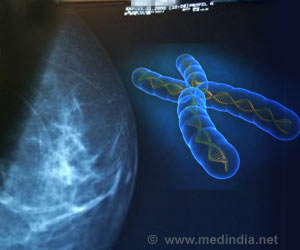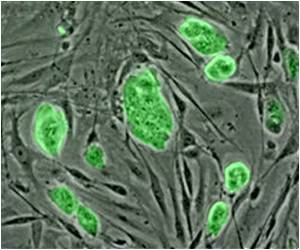Researcher at Washington University School of Medicine in St. Louis are trying to develop strategies to prevent these tumors from evading treatments.

David H. Gutmann, MD, PhD, the Donald O. Schnuck Family Professor of Neurology and senior author of the study, said, "This protein blocks a signal from inside the cells that should make them more vulnerable to treatment. If we can identify a drug that disables this protein, it would make some cancer stem cells easier to kill. At the very least, we’re going to have to use different drugs and different, likely higher dosages to make sure we kill these tumor stem cells."
Researchers said that these findings could be applied more broadly to other brain tumors. Gutmann said, "Because stem cells haven’t differentiated into specialized cells, they can easily activate genes to turn on new developmental programs that allow the cells to survive cancer treatments. Based on these new findings, we will have to develop additional strategies to keep these tumors from evading our best treatments."
The research appears online in ’Cell Reports’.
Source-Medindia












